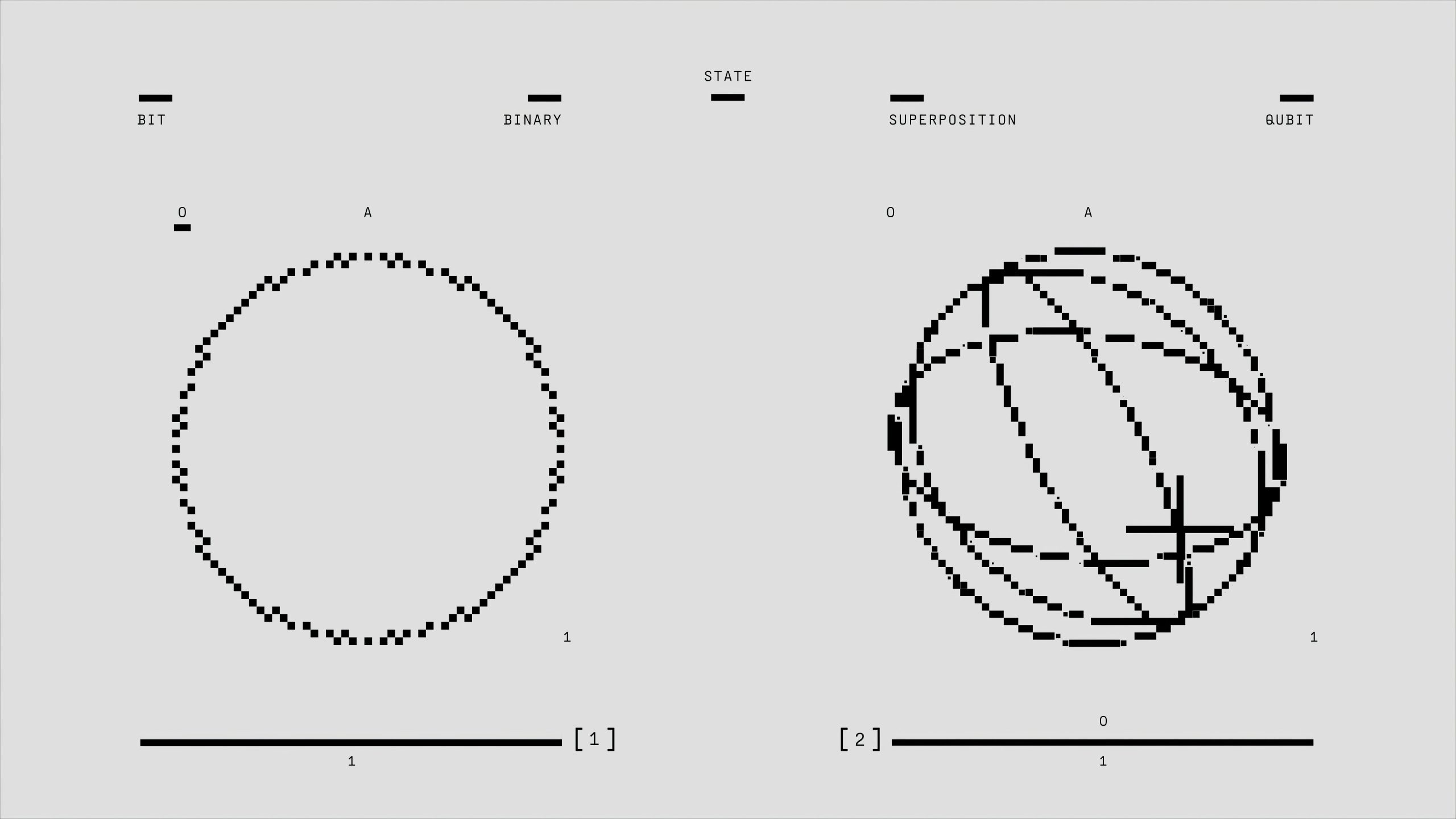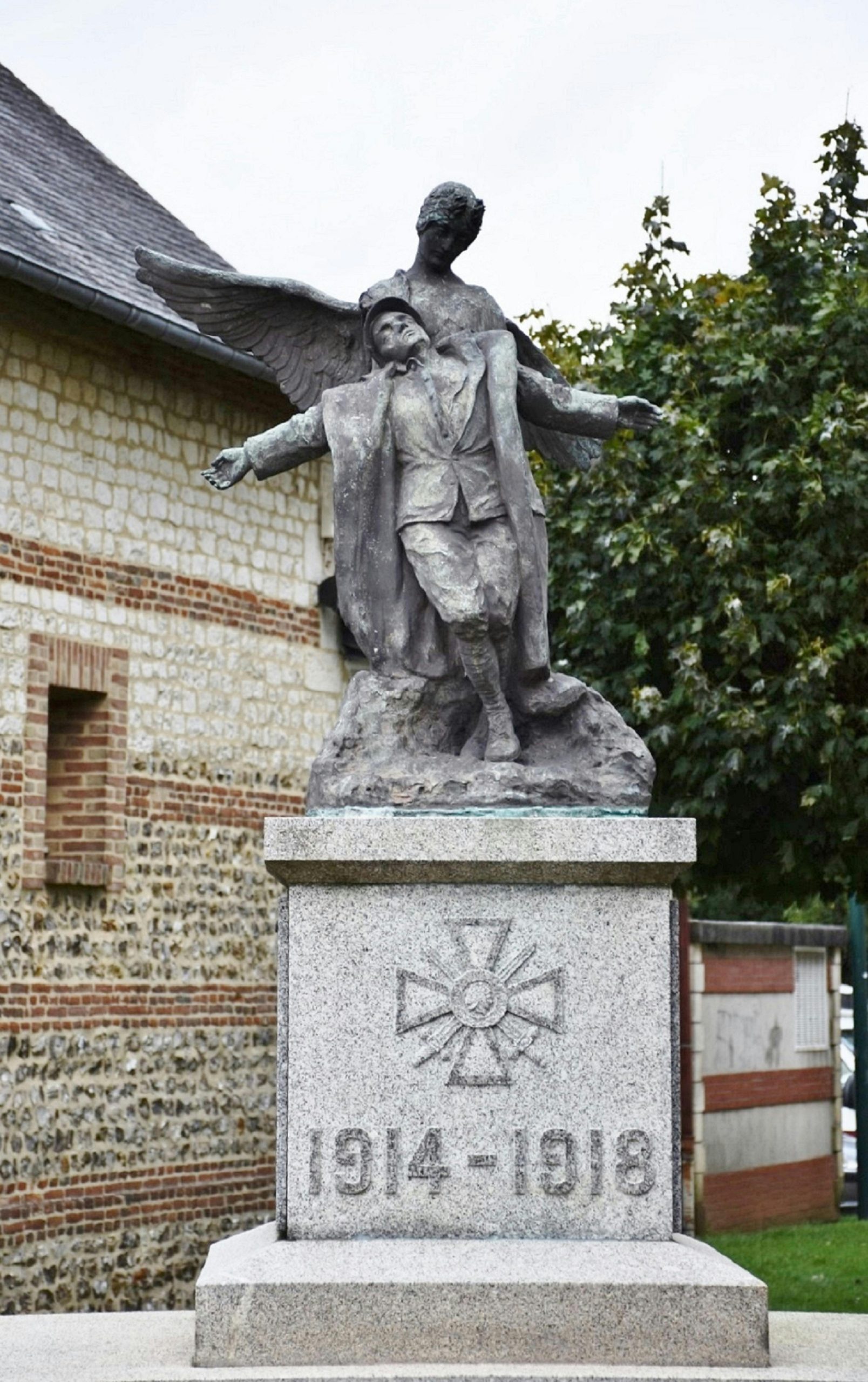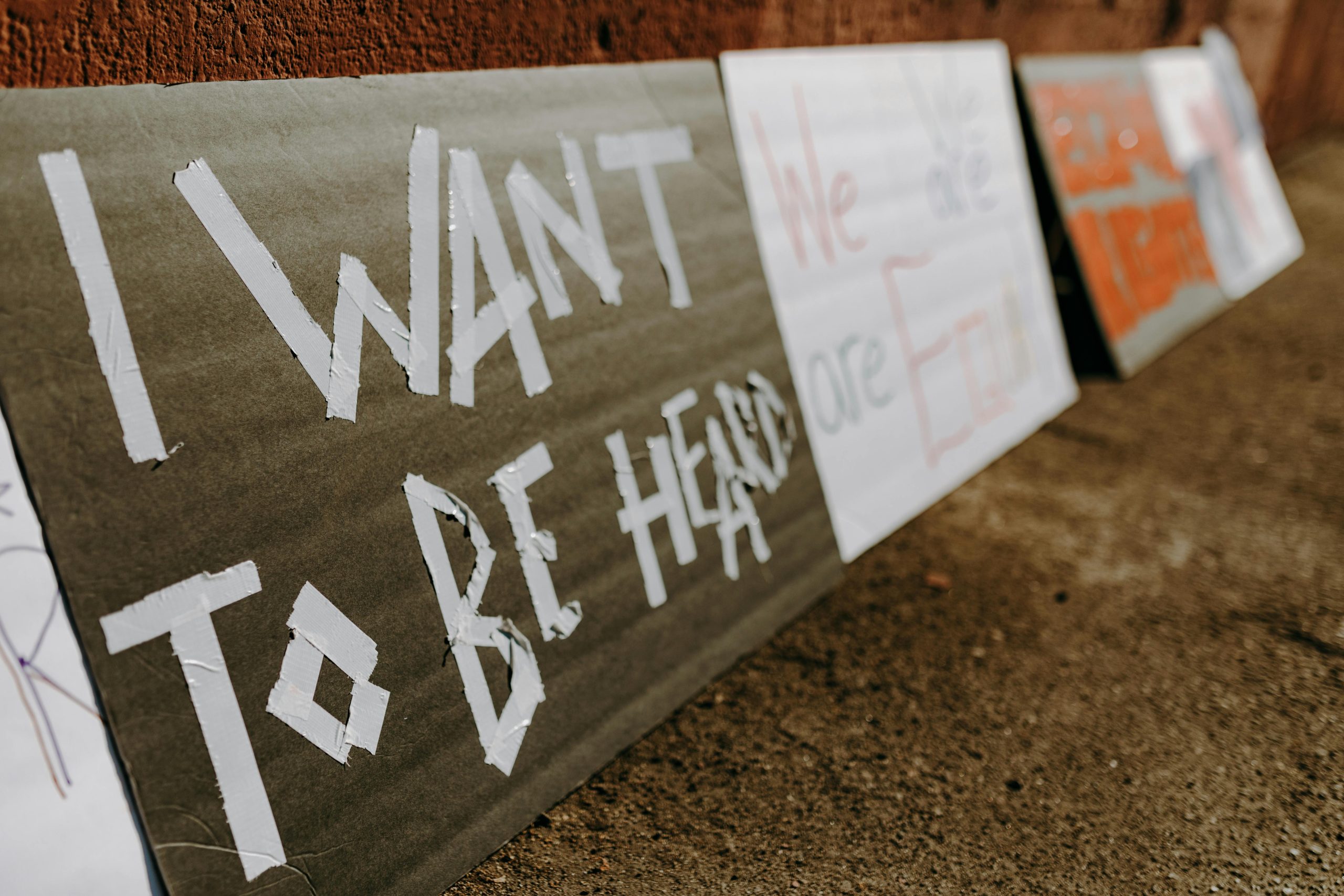My car came to an abrupt stop, and I accidentally rear-ended them. How much liability do I share in this incident?
This morning was quite challenging. I was driving safely and maintaining a reasonable distance from the car ahead as we approached an intersection with a green light that was just turning yellow. The vehicle in front of me had already crossed the stop line and appeared to be continuing through the intersection, but suddenly the driver came to an unexpected stop without any clear reason. This led my car to collide with the rear right side of theirs while I was attempting to swerve away.
The damage was minor—his rear bumper is cracked, and so is my front bumper—but the sudden stop definitely disrupted the flow of traffic. I know that since I rear-ended their vehicle, I’m likely to bear most of the responsibility. However, I’m curious about how much liability I might actually share in this situation. Should I file a claim with my insurance to present my side of the story, with the hope that his insurance might cover my damages? I’m not familiar with how this process works, and we’ve already reported the incident to the police. Any advice would be appreciated.




It sounds like you had a frustrating situation. In general, the driver who rear-ends another vehicle is usually considered at fault for the collision, as law dictates that drivers must maintain a safe following distance and be prepared to stop. However, there can be circumstances that lead to shared liability, especially when the actions of the leading driver are deemed unexpected or unsafe.
Since the driver in front of you stopped suddenly after already crossing the stop line, there may be a case for shared liability. Here are a few points to consider:
Sudden Stop: The fact that the vehicle in front of you made a sudden stop can indeed factor into determining fault. If they stopped in a way that was unreasonable given the circumstances (e.g., if there was no apparent reason for the stop), it might lessen your liability.
Witnesses and Evidence: If there were witnesses or if you have dashcam footage, that could help substantiate your case regarding the unexpected stop.
Insurance Claims: It’s advisable to report the incident to your own insurance company. They can guide you through the process, evaluate the circumstances, and can advocate on your behalf if there is a case for shared liability. Be sure to provide them with all the details you have, including your side of the story and any evidence available.
Police Report: Since you mentioned that you reported the incident to the police, the report may also serve as an important document in determining fault. If there were any citations issued or if the police noted the unusual nature of the stop, this could be beneficial for your case.
Negligence Laws: Keep in mind that different jurisdictions have different rules about negligence and liability. It’s worth looking into your local laws or even consulting with a legal professional if needed.
In summary, while you are likely to hold some responsibility for the rear-end collision, the unusual circumstances may support a case for shared liability. Talking to your insurance provider about your situation is a good step, and they can help you navigate the claims process effectively.